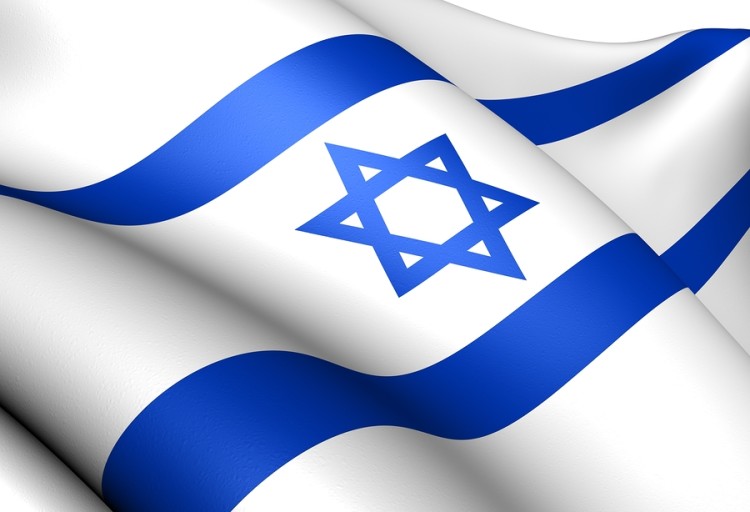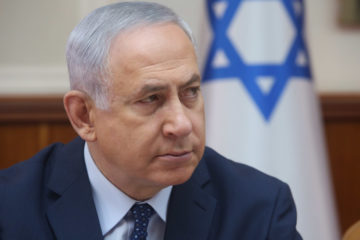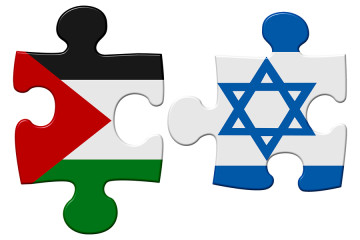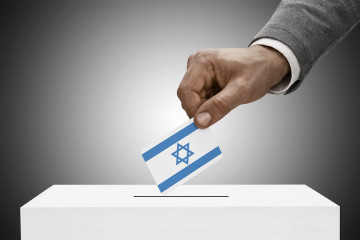What UN Vote on Israeli Settlements Means — and What’s Next

(Bloomberg) —United Nations Security Council 2334, which passed Dec. 23 by a vote of 14-0 with the U.S. abstaining, describes Israel’s settlements in the West Bank and East Jerusalem as illegal and an obstacle to peace with the Palestinians. It was the first time U.S. President Barack Obama declined to block a Security Council resolution that Israel considered hostile, and Prime Minister Benjamin Netanyahu accused him of staging a “shameless ambush” against his country. Netanyahu warned countries that backed the measure they would pay a diplomatic and economic price.
1. Does the vote reflect a change in international sentiment?
Many UN member states already contend Israeli settlements violate the Fourth Geneva Convention’s rules for administering occupied territory. After the 1967 war, the Security Council passed Resolution 242 calling on the Israeli armed forces to withdraw from land occupied in the West Bank, East Jerusalem, Gaza Strip and Golan Heights.
2. How does Israel’s view differ?
The Jewish people have historical and religious ties to the West Bank and East Jerusalem, and Israel says ownership of the territories, captured from Jordan, is disputed. It notes that Resolution 242 doesn’t call on it to retreat from “all” territories occupied outside its earlier boundary, known as the Green Line, and recognizes the right of every state in the area to live within “secure” boundaries. For Israel, the new resolution reflects a profound change in international opinion: “Those who rigidly insist that Israel cannot lay a single brick in the areas beyond the Green Line are implying that there will be no Israeli presence at the end of the day in those territories, and that’s a major shift from 242,” said Dore Gold, a former Israeli ambassador to the UN and now president of the Jerusalem Center for Public Affairs.
Two Views on Settlements — Israel’s and the World’s: QuickTake
3. What are the practical implications for Israel?
Palestinians and their supporters already are trying to haul Israeli officials before the International Criminal Court in The Hague; the Boycott, Divestment, Sanctions movement is urging consumers, artists, universities, corporations and others to cut ties with Israel; and the EU already requires member states to label products from beyond the Green Line distinctively. Resolution 2334 is likely to give a tailwind to those efforts. It could also “open a venue for the Palestinians in the future to go on with their case” against Israel at the ICC, said Mkhaimar Abusada, a Palestinian political scientist at Gaza’s Al-Azhar University.
4. Will anything change on the ground for the Palestinians?
Netanyahu has declared that Israel will not not abide by the terms of the resolution. For the Palestinians, Resolution 2334 is “a moral victory and a symbolic victory, but at the end of the day nothing is really going to change on the ground and Israel will continue with its settlement construction,” Abusada said. Nearly 600,000 Jews now live in the West Bank and parts of Jerusalem beyond the 1967 boundary.
5. How has Netanyahu reacted? What other steps are in store?
Netanyahu called the resolution “shameful, reckless and destructive” and said he looks forward to working with the Trump administration and allies in Congress to mitigate the damage. Netanyahu recalled Israel’s ambassadors from New Zealand and Senegal — two of the resolution’s four co-sponsors — and cut off 30 million shekels ($7.9 million) in funding to UN institutions. Ambassadors from Security Council member states were summoned for meetings. Education Minister Naftali Bennett, whose Jewish Home party opposes Palestinian statehood, has said Israel should move to annex West Bank land, but Netanyahu ordered ministers to cease all talk of annexation for now.
6. What other moves does Israel fear the U.S. might make?
Dozens of foreign ministers are to meet in France next month in an effort to break the logjam in Israeli-Palestinian negotiations. According to Israeli media, the government fears U.S. Secretary of State John Kerry will present there parameters for a peace deal that are seen as unfavorable to Israel, and the Security Council will enshrine those guidelines in a resolution before Obama leaves office.
7. How has Donald Trump responded? What else can he do?
Egyptian President Abdel-Fattah El-Sisi withdrew his country’s original sponsorship of the resolution after a Dec. 22 phone call with the U.S. president-elect, who said the measure should be vetoed. When the resolution passed the next day with new sponsors, Trump said the vote “will make it much harder to negotiate peace” but tweeted that “things will be different” at the UN after he takes office Jan. 20. It’s notable that Trump’s choice for U.S. ambassador to Israel, attorney David Friedman, is a vigorous supporter of Beit El, one of Israel’s largest West Bank settlements and has been skeptical of a two-state solution.
8. How does this affect peace efforts?
The Oslo Accords that have guided peace efforts since 1993 say borders must be determined in direct negotiations between the parties. Prejudging that the West Bank and East Jerusalem are occupied Palestinian territory “is not compatible with the call for a return to negotiations that also appears in this resolution,” said Ambassador Alan Baker, a former legal adviser to the Israeli Foreign Ministry and now an international lawyer at the Jerusalem Center for Public Affairs. In any case, talks have been frozen since 2014 and aren’t set to resume anytime soon. “Palestinians have really lost hope that bilateral negotiations will bring an end to the Israeli occupation,” Gaza’s Abusada said.







No Comment